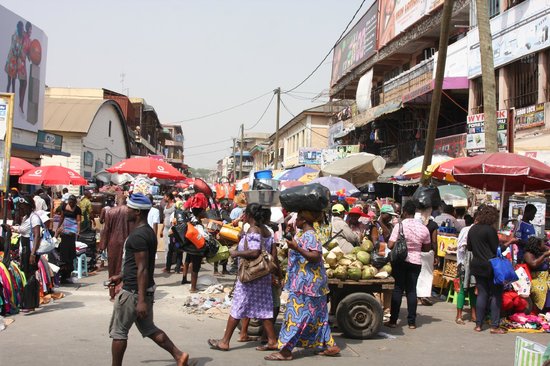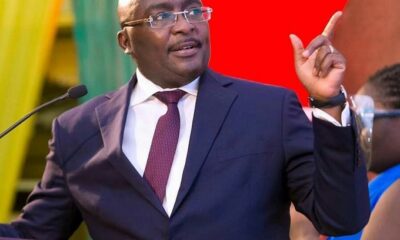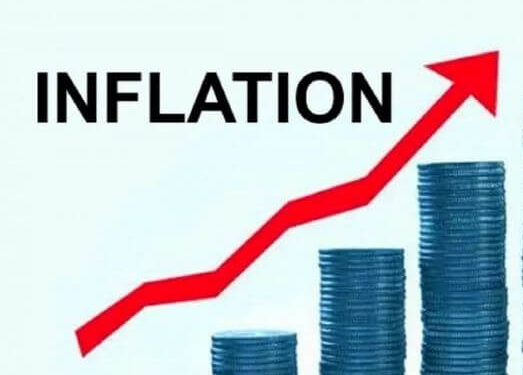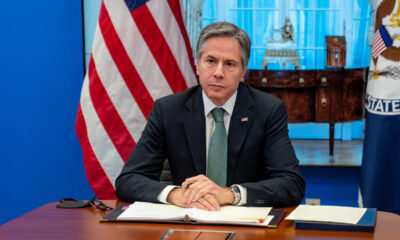One and a half years after its foreign debt default, Ghana’s government has announced that the country has reached an agreement to restructure $5.4 billion in debt with its bilateral creditors, which include China and France.
The Memorandum of Understanding (MoU) between the West African country and its creditors sets the stage for the International Monetary Fund’s (IMF) executive board to accept the $360 million payout under Ghana’s $3 billion, three-year bailout package, which is anticipated to occur next month.
Once completed, the contract would serve as the foundation for an agreement in January to restructure loans with its formal creditors under the Paris Club of creditors. During a news conference, Mohammed Amin Adam, the finance minister, stated that Ghana is nearing the end of its foreign debt restructuring program.
On Thursday, the official creditor committee (OCC) formally delivered the draft Memorandum of Understanding to the government. He stated that the administration would now promptly evaluate the document and sign the agreement with the OCC as soon as feasible.
He said that following talks with holders of Eurobonds, the two parties had “very narrow” differences. By year’s end, he added, Ghana was expecting $2.32 billion in loans.
Ghana, an oil, cocoa, and gold exporter, fought to recover from the biggest economic catastrophe in a generation during the epidemic, becoming the second country in Africa after Zambia to default on the majority of its $30 billion external debt.
Since then, Ghana’s economy has begun to strengthen; inflation decreased from 54.1% in December 2022 to 25% in April 2024, and the country’s 2.9% growth in 2023 surpassed the 2.3% predicted by the IMF.
The second-largest cocoa producer in the world is restructuring its debt by the G20 Common Framework, a mechanism established during the epidemic to expedite debt overhauls, along with Ethiopia and Zambia.
But because of the slow pace of development, the nation’s ability to recover economically and obtain much-needed foreign loans, aid, and investment has been hampered.
Ghana’s debt was deemed unsustainable by the IMF in its Debt Sustainability Analysis (DSA), and by 2028, the nation hopes to return to a “moderate” risk of financial crisis.
Ghana’s public debt-to-GDP ratio will decrease as a result, from 88.1% at the end of 2022 to 55% by 2028. Ghana bondholders, who are next in line for a deal, will be interested in terms with official creditors since they would be looking for an equitable solution under the comparability of treatment principle, a crucial component of the Common Framework for debt restructuring.
In April, Ghana managed to reach a consensus with a number of its largest bondholders, including African regional banks Western asset managers and hedge funds. However, the IMF stated that changes were necessary because the temporary agreement did not meet the DSA criteria.
Ghana’s public debt-to-GDP ratio will decrease as a result, from 88.1% at the end of 2022 to 55% by 2028. Ghana bondholders, who are next in line for a deal, will be interested in terms with official creditors since they would be looking for an equitable solution under the comparability of treatment principle, a crucial component of the Common Framework for debt restructuring.
In April, Ghana managed to reach a consensus with a number of its largest bondholders, including African regional banks Western asset managers and hedge funds. However, the IMF stated that changes were necessary because the temporary agreement did not meet the DSA criteria.


 VenturesNow1 day ago
VenturesNow1 day ago
 Metro2 days ago
Metro2 days ago
 Metro1 day ago
Metro1 day ago
 Musings From Abroad1 day ago
Musings From Abroad1 day ago



























